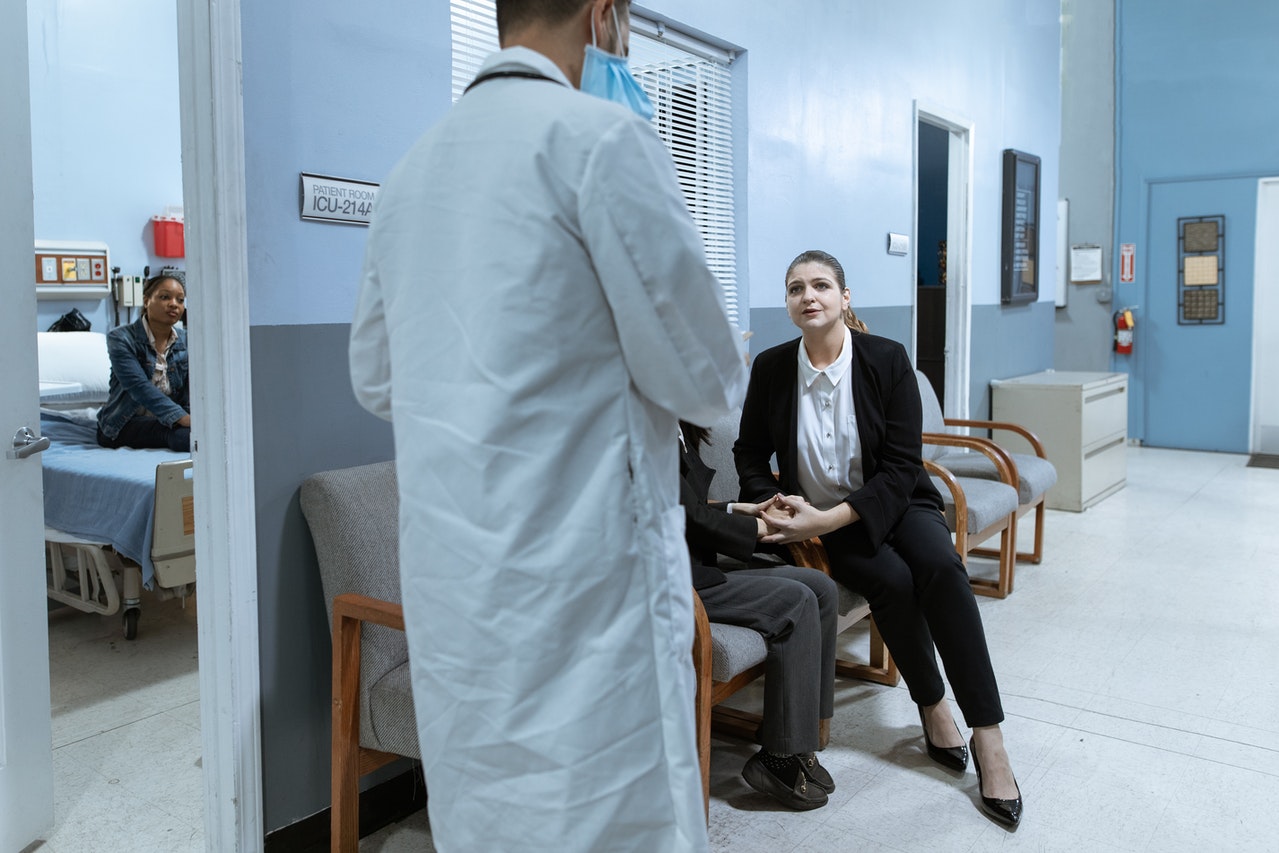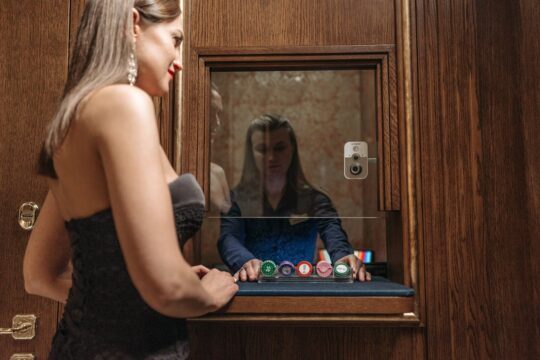It can be difficult to know what kinds of misconduct could cause medical school dismissal. Schools use the term “misconduct” to mean a variety of things. Medical school is not like any other field or profession. It’s often difficult to get your foot in the door compared to other career paths because standards are much higher and more rigorous than anything else out there.
However, some forms of professional misconduct can get you dismissed from medical school if not properly handled. If you are accused of any kind of professional misconduct, then it would be better to deal with the issue with the legal assistance of an academic advisor or attorney. An attorney can help you review the evidence and will help you with any potential legal options. The school may have a good reason not to allow you to graduate. Therefore, students must know what they can and cannot say during such circumstances.
We will now see into some common kinds of professional misconduct that can cause medical school dismissal.
1. Unprofessional behavior
Unprofessional Behavior is considered to be any action that represents the unprofessional behavior of a medical school student. This can include things such as abuse, alcohol, drugs, or other substances, harassing patients, stealing money and other property, or not maintaining a respectable appearance.
2. Unauthorized treatment of patients
Treating patients without permission from the state medical board and supervising physician is considered unprofessional conduct for doctors. Some students are allowed to take part in medical treatments of patients with proper supervision. However, if a student attempts to treat a patient without permission from supervisors, this can be considered unprofessional conduct.
3. Unauthorized use of prescriptions or medication
Some states may have laws that prescribe that only licensed physicians can prescribe medications. The unauthorized use of medications or prescriptions can also be considered unprofessional conduct as this is not consistent with the proper medical practice.
4. Disclosing confidential patient information
Disclosing confidential patient information can be considered unprofessional conduct. When the supervising doctor has permitted to disclose confidential information, it is not considered unprofessional. However, revealing this information without proper consent is not professional behavior.
5. Inappropriate relationships with patients
Inappropriate relationships with the patients and their bystanders may be considered unprofessional conduct. The relationship may be physical, emotional, or sexual.




